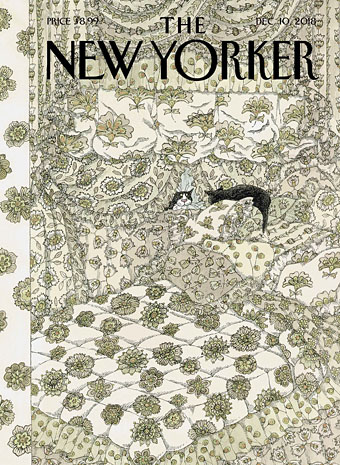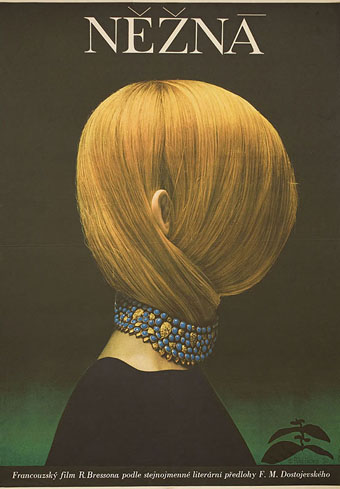
Edward James by René Magritte; La Reproduction Interdite (1937).
• “James was filmed in the late 1970s, striding round Las Pozas in a sweater and a tattered dressing-gown, surmounted by parrots (The Secret Life of Edward James can be seen on YouTube). When asked what motivated him, he replied: ‘Pure megalomania!’ He was having his second childhood, he said, though he wasn’t sure the first had ever ended.” Mike Jay on lifelong Surrealist, Edward James (1907–1984), and the concrete fantasia he built in the Mexican jungle.
• “I found the roots of electronic music in a cupboard!” Musician Paul Purgas (one half of Emptyset) on the discovery of early electronic music from India’s National Institute Of Design. Related: Purgas talks about his discovery with Patrick Clarke.
• RIP Phil May. Here’s The Pretty Things in their guise as psych band “Electric Banana” for an appearance in What’s Good for the Goose (1969). A decent moment in an otherwise terrible film.
• Music is a memory machine: David Toop explores how the transmission of music between disparate cultures can be a tool against populism and prejudice.
• Kraftwerk’s remarkable journey, and where it took us: Bob Boilen and Geeta Dayal discuss the tanzmusik of Düsseldorf.
• At Dangerous Minds: Acid Drag & Sexual Anarchy: Fifty years ago The Cockettes turned drag upside down.
• Hua Hsu on the secret lives of fungi: “They shape the world—and offer lessons for how to live in it”.
• The great writer who never wrote: Emma Garman on the flamboyant Stephen Tennant.
• Cult 1998 PlayStation game LSD: Dream Emulator is finally playable in English.
• Jim Jupp of Ghost Box records talks about the Intermission compilation album.
• Jonathan Moodie on psychoactive cinema and sacred animation.
• Alex Barrett on where to begin with Akira Kurosawa.
• At Dennis Cooper’s: Skeletons.
• Skeleton Makes Good (1982) by Captain Beefheart & The Magic Band | Red Skeletons (1996) by Coil | Kids Will Be Skeletons (2003) by Mogwai


